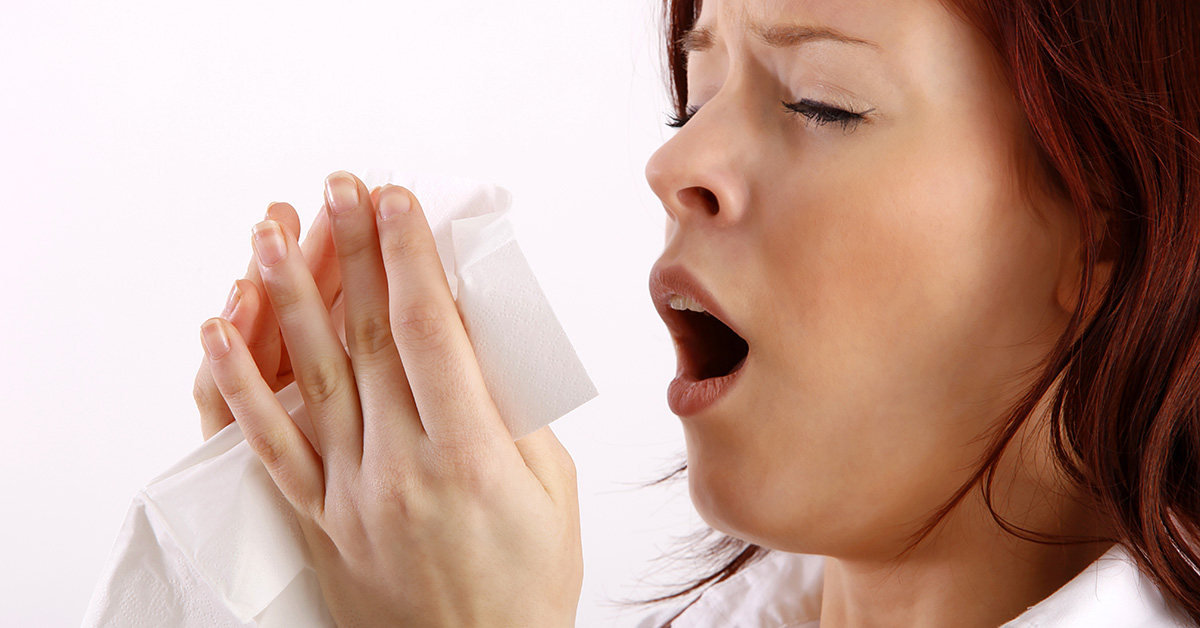
Exploding Heads - Don't Hold the Sneeze
Sneezing is a mechanism you use to clear your nose. When foreign particles like pollen, dust, or smoke enter your nose, they may interact with your nasal passage. If this happens, an electric signal gets sent to your brain to inform it that it's time for a sneeze. The act of sneezing forces water, mucus, and air from your nose quickly.
Have you ever been in a social situation and tried to resist the urge to sneeze? If so, you've probably contracted your throat or pinched your nostrils. So, does holding back a sneeze to avoid causing a distraction and respect the people around you pose any risks like an exploding head?
According to Dr. Erich Voigt, a professor of otolaryngology-head and neck surgery at NYU Langone Health, people hold back sneezes all the time, especially when they're in social situations like meetings or movies. "If holding in sneezes were dangerous, more people would be in doctors offices. The risks of holding in a sneeze is very low," says Voigt.
Of course, there is a rare chance that holding in a sneeze can lead to some consequences. It can injure your diaphragm, break a blood vessel in the white part of your eye, force air up to your Eustachian tubes and injure your ear drum or inner ear or weaken a blood vessel in your brain.
Here's why these consequences may occur: When you sneeze, air leaves your body at about 150 miles per hour. By retaining that pressure, you can cause some damage. Think of sneezing as a reflex that protects you. Whenever you have the urge to sneeze, an irritant has likely entered your nose and body and doesn't want to make its way your sinuses. By sneezing, you're allowing your body to get rid of this irritant.
To completely eliminate your chances of any of these consequences happening to you and protect your sinuses and lungs, just let it out. As long as you cover your nose and mouth with a tissue so you don't spread germs, people won't care that you sneezed, even if you are in a social situation.
If you aren't able to get a hold of a tissue fast enough, sneeze into your upper sleeve and then wash your wash your hands thoroughly with soap and water. By being considerate of others and not spreading germs, you can ensure that the people around you don't get sick when you sneeze.
